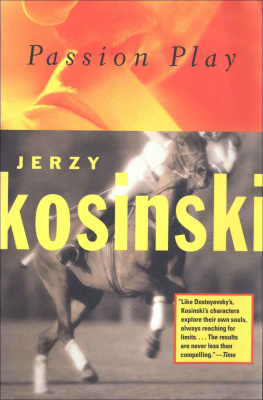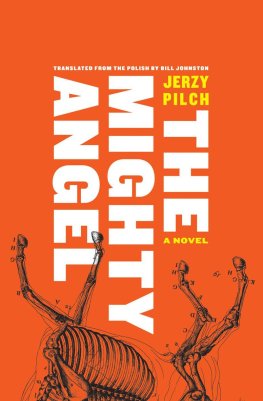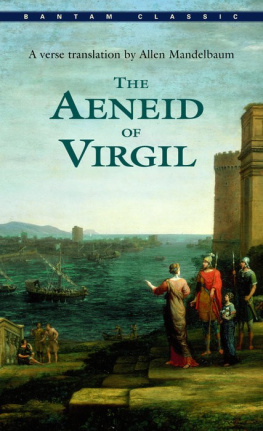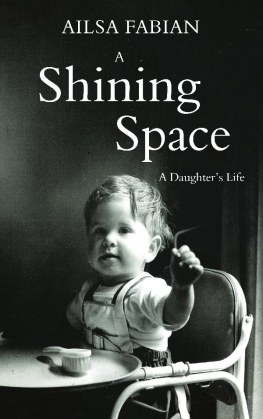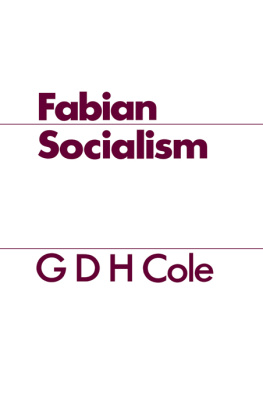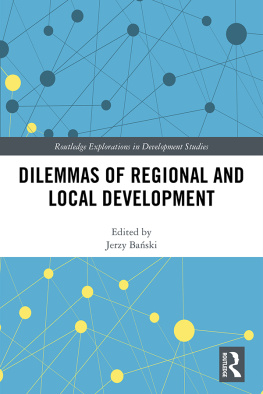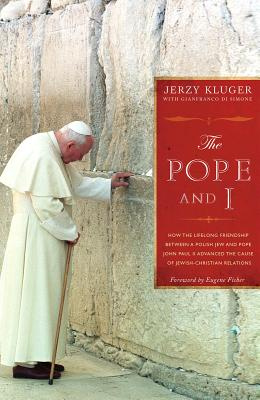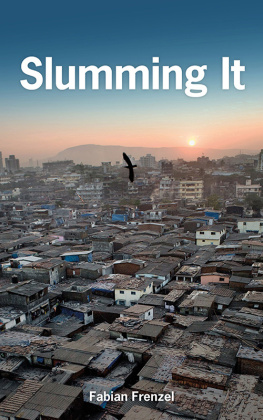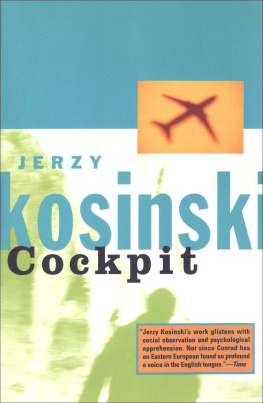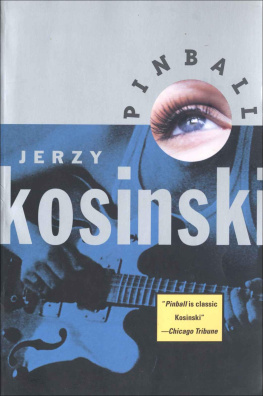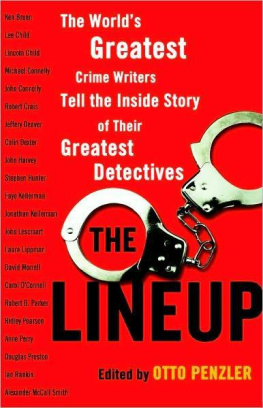B OOKS BY J ERZY K OSINSKI
NOVELS
The Painted Bird
Steps
Being There
The Devil Tree
Cockpit
Passion Play
Pinball
The Hermit of 69th Street
Blind Date
ESSAYS
Passing By
Notes of the Author
The Art of the Self
NONFICTION
(Under the pen name Joseph Novak)
The Future Is Ours, Comrade
No Third Path
PASSION PLAY
JERZY KOSINSKI

PASSION PLAY
JERZY KOSINSKI

Copyright 1979 by Jerzy N. Kosinski
All rights reserved. No part of this book may be reproduced in any form or by any electronic or mechanical means, including information storage and retrieval systems, without permission in writing from the publisher, except by a reviewer, who may quote brief passages in a review.
Originally published in by St. Martins Press
Published simultaneously in Canada
Printed in the United States of America
Library of Congress Cataloging-in-Publication Data
Kosinski, Jerzy N., 1933-1991.
Passion play / Jerzy Kosinski.
p. cm.
eBook ISBN-13: 978-0-8021-9577-7
1. Polo playersFiction. I. Title.
PS3561.08P39 1998
813.54dc21 98-14018
Grove Press
841 Broadway
New York, NY 10003
For Katherina, a gift of life, so much above lifes allowance
Authors note: This book is wholly fiction. Any resemblance to the present or the past is gratuitous and similarity to any actual event or character is not intended.
All this I have said, mistress, to prove to you the difference there is between some knights and others. It is only right, then, for every prince to think more highly of this last, or rather of this first species of knight errant. For, as we read in their histories, there have been some amongst them who have been the salvation, not only of one kingdom but of many.
CERVANTES , Don Quixote
How can the prisoner reach outside except by thrusting through the wall? To me, the white whale is that wall, shoved near to me. Sometimes I think theres naught beyond.
MELVILLE , Moby Dick
PASSION PLAY
Fabian decided to get a haircut. He parked his VanHome at the curb, across from the first barbershop he saw. Only when he went through the door did he realize that the place was a salon, catering to a young, fashionable clientele. There was a note of mod in the dcor and in the men and women being pampered by female barbers.
A woman in her early twenties, her hair a curly, cherubic mop, gave him a shampoo. Dressed in jeans, a sleeveless silk vest hardly restraining her breasts, she chewed gum with the monotony of a tired mare chomping on its food, oblivious of the movement of her jaws and the sound of the chewing. Fabian, his head bent backward over the sink, staring at the ceiling, felt her hands massaging his scalp, the pressure of her breast against his shoulder as she leaned forward.
How are you today? It was a routine opening.
Fine, said Fabian.
You still have a lot of good hair, she said, rinsing off the soap. Not too much gray for a man your age!
Thank you, Fabian replied. As he spoke, he regretted the poverty of language and feeling that so casually dismissed gratitude and obliterated ones true state of being with the soiled currency of thank you and the worn coinage of fine.
You live nearby? the young woman asked when he was settled in the barber chair.
Across the street, said Fabian.
No kidding! The girl was surprised. Amazing how many people live right next to you in this city and you never know it. She began to cut his hair, her vest shifting with her every move, disclosing the curve of her neck, the pockets under her arms, glimpses of her breasts. He watched her in the mirror; their eyes met casually, then passed on to something else.
The sight of her put Fabians sexual instinct on alert. He felt that he would pursue her in thought until, unable to dismiss her, but unwilling to contemplate her apart from that original impulse, he would enter again sexual foray.
Yet he was alert to the workings of his mind and, after a moment, regarded the first onslaught of feeling as a momentary languor of senses, a substitute for desire, not strong enough to propel him into the world, again in quest.
What do you do? she asked.
I play polo, Fabian said.
Polo! For a living?
For a living.
In this city?
No, not here. I go places, he explained.
Ive never seen polo, said the girl, just a TV show about this guy, a polo player, who fell off his horse, got crippled for life; then he had to play from a wheelchair. Have you ever seen it?
I dont think so.
What kind of game is polo? the girl asked.
Fast.
What else do you do?
I write.
For movies or TV? She was still hopeful.
Neither. Just books. Books on horsemanship.
You mean a how-to?
Not quite. More about what it means to be a rider.
What does it mean?
If you really want to know, you could read a book or two about it.
After a moment of silence, she made a final attempt. Most guys who come in for a haircut just sit and look at themselves in the mirror, she said. You keep looking around. Why?
I already know the guy in the mirror, said Fabian, but I dont know this place.
She was certain by now that there was nothing in him that could interest her, and she returned to her original state of boredom, drying his hair hastily, in her rush scalding his scalp with hot gusts from the hair drier.
He paid the cashier, then returned and gave her a tip. She pocketed the money without a glance.
See you around, polo player, she said, a joyless smile barely breaking the line of her lips.
It was warm outside. Fabian decided to find a park to walk in. Before he set out, he attached to each side of his vehicle a brightly lettered sign that read INTERSTATE WILDLIFE CRUISER . In this fashion, while Fabian attended to business and other affairs, his VanHome and his horses remained stationary and secure, unmolested by traffic police.
The park was crowded. An outdoor restaurant overlooked a meadow where men and women strolled or lounged on the grass, while children and dogs darted among them, playing. At a small table in a corner of the terrace, obligatory consumption was its price. Reluctantly, he ordered a sandwich and a drink. Dotted about the terrace, old, solitary women, poodles coiling between their feet, and old men, discarded, leaning on their canes, sat warming in the afternoon sun. Several dogs chased each other among the chairs. Next to Fabian, a group of roistering, young men joined forces with a cluster of college girls.
There were many of them, and they tried to force Fabian to leave. One of them asked him to relinquish the table and find another seat. When he politely refused, they turned ugly and jostled their chairs against his table, laughing at and whispering snidely about his Western-cut jeans and jacket, his high-heeled riding boots. They mocked his manner and speech; he heard one of the more pretentious girls refer to him as that existential cowboy. Fabian remained indifferent; he would not allow them to provoke him. Soon, tiring of their futile game, they turned to the more obvious targets of food and liquor, the sensuous weather, the tension they had worked up.

